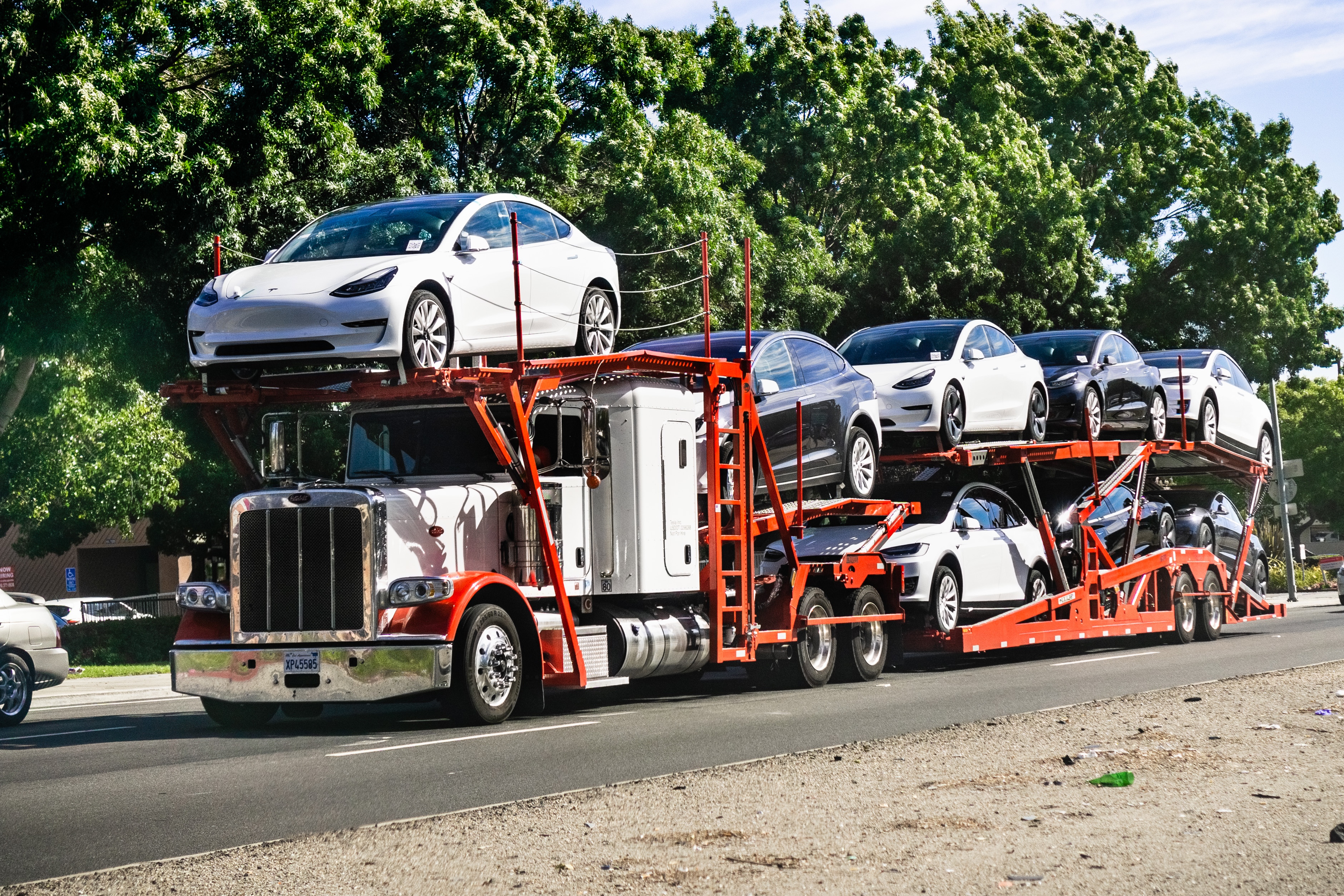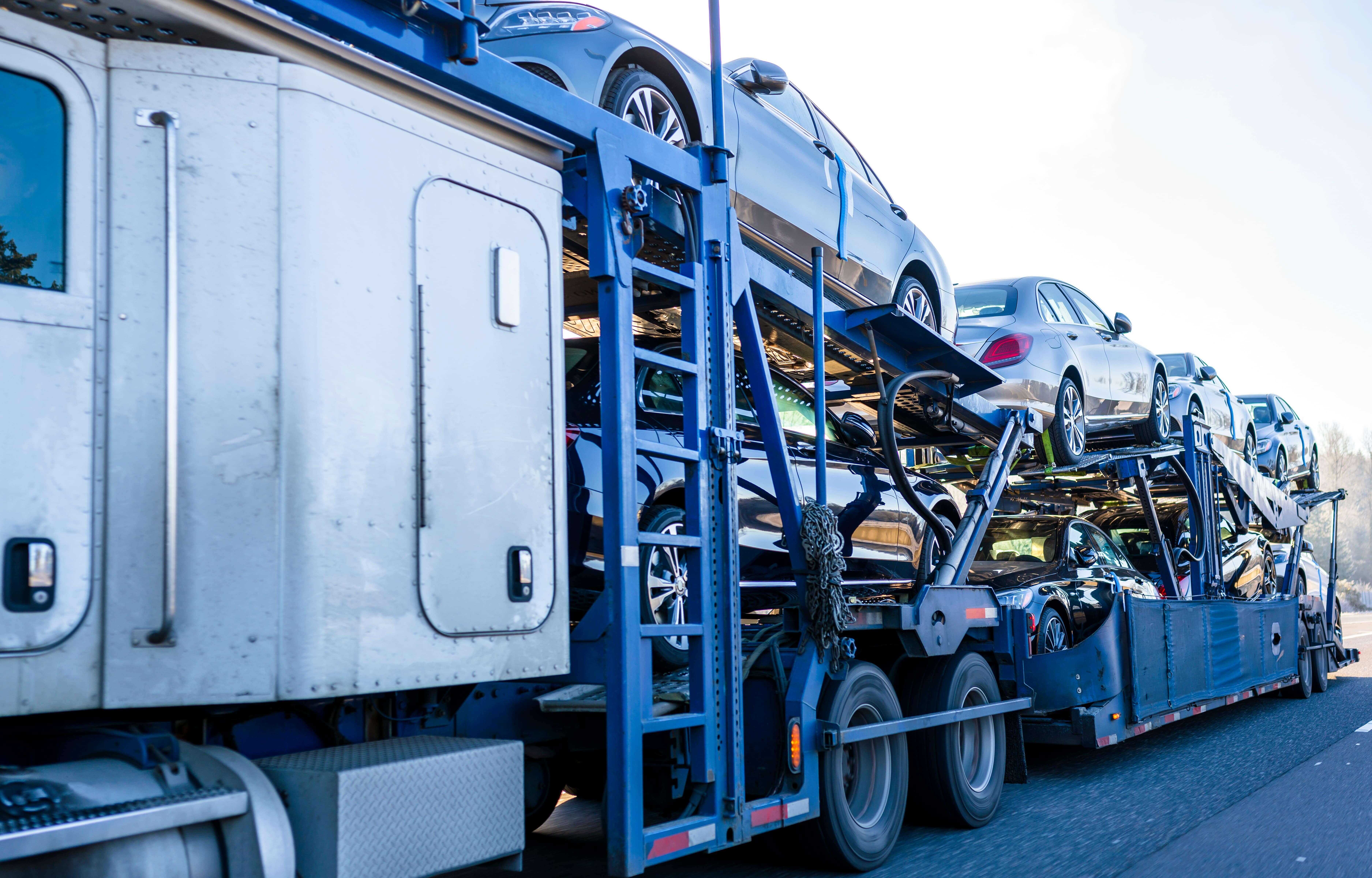A recent survey on Upwork revealed that 20 million Americans are thinking about moving to a different state for work reasons—and young individuals aged 18 to 34 are most likely to make the leap, Jobera reports. A rise in remote work during recent years is contributing to this trend.
While relocating for a new job can present exciting possibilities, including—but not limited to—better neighborhoods, more affordable cost of living, and/or a preferred climate, many people get hung up on how to transport their car. Job benefits like corporate relocation packages may have automotive shipping perks easing the process, but convenient perks like these can still leave people with questions on how to move forward.
Auto shipping or transport is designed to reduce stress during relocation—not add to it. Keep reading to learn how to approach this process like a pro.
Understanding Your Car Shipping Options
Understanding different service options is one of the most vital aspects of knowing how to ship your vehicle when relocating for a new job. Open carrier shipping is the least expensive and most popular transport option. An open carrier transport service costs less than enclosed shipping because your car is exposed to weather and road elements during transit. Since booking enclosed auto transport costs up to 50% more than an open carrier, the service is best for classic or high-value cars.
Open carrier shipping is often faster than enclosed transport since more carriers are available due to demand, increasing scheduling flexibility. Once you decide between open or enclosed transport, you’ll choose terminal-to-terminal or door-to-door shipping. While door-to-door is more expensive on average than its terminal counterpart, many people opt to pay the extra money for the convenience of choosing their vehicle’s pickup and drop-off locations via door-to-door.
It’s helpful to book one month or three weeks in advance so you have enough time to find available drivers without your quote changing too much due to market conditions.
Understanding the Cost Factors
Transport and pickup/delivery methods aren’t the only factors affecting car shipping costs when relocating for a new job. Distance will naturally impact your quote, but cost-per-mile tends to decrease for longer routes. The type of vehicle you’re transporting also matters, as carriers have size and weight requirements, leading to higher costs for heavier cars. Even if your vehicle isn’t overly heavy, idiosyncrasies like modifications can incur higher costs with the possible need for specialized equipment and loading procedures.
Like many industries, the auto shipping industry has a busy season, which typically runs from June to August, so if possible, try booking outside of this time to save money. You’ll also want to consider your pickup and delivery locations. The closer your pickup and delivery areas are to larger cities or highways connecting cities, the more affordable your rate.
Handling Insurance and Liability
Car shipping insurance comes in primary and secondary types. A carrier provides primary insurance, and secondary coverage comes from your personal insurer. Auto transport companies must have minimum insurance coverage, but verifying that the minimum amount is enough to cover your vehicle is vital. If the minimum amount falls short of necessary coverage, which often occurs for luxury, classic, or modified cars, you’ll likely want to purchase additional insurance, otherwise known as supplemental insurance.
You should also check whether your personal policy provides coverage for auto shipping. Documenting your vehicle’s condition inside and out before and after shipping will help expedite the claims process should damage occur. Thoroughly cleaning your vehicle before documenting its condition before shipping will make it easier to spot any pre-existing damage, such as scratches.
Timing Your Car Shipment
We’ve established how booking ahead can help you correctly time your car shipment, but it’s essential to recognize that factors like breakdowns and bad weather can affect transport times. If you’re relocating for a job, scope out any public transportation options in your area in case your vehicle hasn’t yet arrived, and you need to travel to work. You can also benefit from knowing where to rent a car if required.
Auto shipping companies have experience dealing with various possible delaying factors, but events like inclement weather can still occur unexpectedly, so ensure that you communicate your job relocation timeline.
Preparing Your Vehicle for Shipping
Documenting your car’s condition isn’t the only task you’ll need to complete for transport preparation. You may need to remove personal items from your vehicle, as many carriers won’t allow them or restrict the number of belongings you can leave. These restrictions are generally tied to carrier weight limits, but leaving personal items can also increase security or damage risks during transit. If you’re shipping a car to Hawaii, you won’t be able to pack any items inside your vehicle.
Other documents you’ll need to ship your vehicle besides a condition description include your car’s registration, insurance, driver’s license, or government-issued ID. New vehicles may require a bill of sale or title for proof of ownership.
You should also prioritize a mechanical tune-up before transport to help facilitate smooth loading, travel, and unloading, as untreated problems can damage your car or other loaded vehicles. The typical recommendation for gas is to ship your car with no more than a quarter of a tank of fuel, as this amount leaves you enough for after unloading but doesn’t add unnecessary weight.
The Importance of Open Communication During Transport
Dropping off your vehicle for transport can be anxiety-inducing, but many carriers provide tracking services and ways to contact a driver. Open communication will help you respond promptly if any issues arise and remain more flexible with pick-up and delivery dates.
FAQs for Job Relocation Car Shipping
Get quick answers to some frequently asked questions regarding car shipping for a job relocation below.
Can You Ship an Inoperable Car When Relocating for a Job?
Yes, you can ship an inoperable car, but you’ll need to inform a carrier that your vehicle is inoperable so they can use specialized loading equipment like winches, forklifts, or specific trailer ramps.
What if I Need to Ship Multiple Vehicles for My Job Relocation?
Shipping multiple vehicles may offer cost savings, so it’s beneficial to research companies offering discounts for transporting more than one car simultaneously.
How Should I Handle Shipping My Car Internationally for Work Relocation?
Prioritize working with a company experienced in international automotive shipping, as countries have varying import regulations. Unless you’re shipping across the border to Canada or Mexico, you’ll be transporting your vehicle by sea via roll-on roll-off or container service. You can also ship your car by air, but this is an expensive option generally reserved for high-value vehicle transport during a time crunch.



